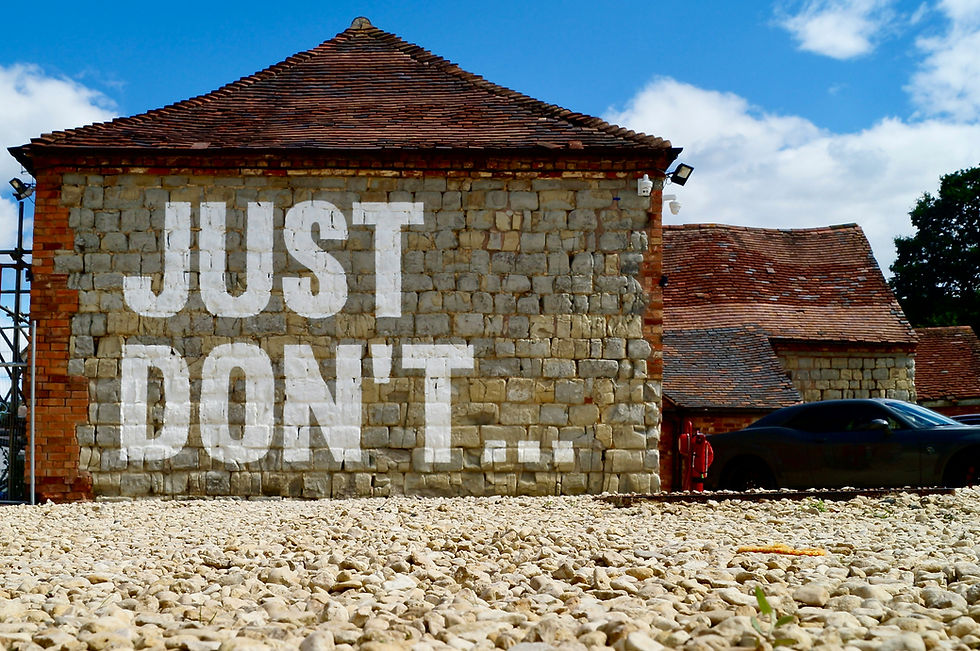Loving Day, Every Day.
- Jessica Kiragu
- Jun 12, 2024
- 3 min read
I’m a white woman married to a black man. When we wed, I was naive about the everyday impact of injustice and inequity on our lives. I didn’t imagine we’d still be fervently advocating for racial equity. Yet, here we are, living Loving Day every day.

Want to know one of the most impactful things I’ve learned in my 2+ decades of marriage? I’m a bit embarrassed to say but, like it or not, race has always been a big part of my life. I didn’t choose to make race a big deal — it’s an undeniable reality in the US, where my mixed-race family lives. Race always has been, and continues to be, consequential here.
I also didn’t set out to purposefully ignore something as important as race. I simply followed the U.S. culture and systems that were designed to segregate people by race and set whiteness as the protected standard. It’s what I saw all of the white folks I know do. Overlooking the ramifications of being white was the norm I grew up with.
I saw how it’s entirely possible in the US for a white person, like me, to go through life without forming any substantial connections with people from different racial backgrounds. During my early years, my interactions were solely with other white people. In this place where I spent my childhood, it wasn’t common for white folks to cross paths with people of color. When we did, it was mostly unintentional and unavoidable.
Growing up, rarely, if ever, did I witness white people deliberately building deep, lasting relationships with people of color — actively choosing to be a friend, partner, parent, mentor, or companion. I never thought to question why. This is one way whiteness persists — in some parts of the US, white folks don’t need to establish or maintain relationships with anyone other than other white people, and this often goes unnoticed.
The fact is, I should’ve always been aware of race. I wish I’d understood the impact of whiteness on all of us long before marrying a black man, given its importance in my country. The Loving v. Virginia case, which legalized marriages like mine, helped to challenge the stronghold of white dominance by chipping away at some of the things designed to preserve it. Whiteness is inherently tied to Loving Day.
It’s important to celebrate significant moments in our racial history, like Loving Day. Let’s also not forget all the days in between. They’re still filled with the pervasive influence of whiteness and the disparities that come with it. The spirit and fight of Loving Day is needed each and every day.
Looking back, it’s kind of amazing to think that I spent so much of my life feeling as though race didn’t have anything to do with me. I didn’t see how growing up around mostly white folks could have shaped me. I figured I could move through these experiences untouched — that I could easily fit in and relate to people outside of a predominantly white context.
Now, I’m realizing more and more how mistaken I was. In my mixed-race family, Loving Day is woven into the very fabric of our everyday life. For us, Loving Day isn’t just about interracial marriage. It’s a symbol of a wider struggle, a fight for equity for everyone. Because justice for some, or in only some ways, isn’t enough.




Comments